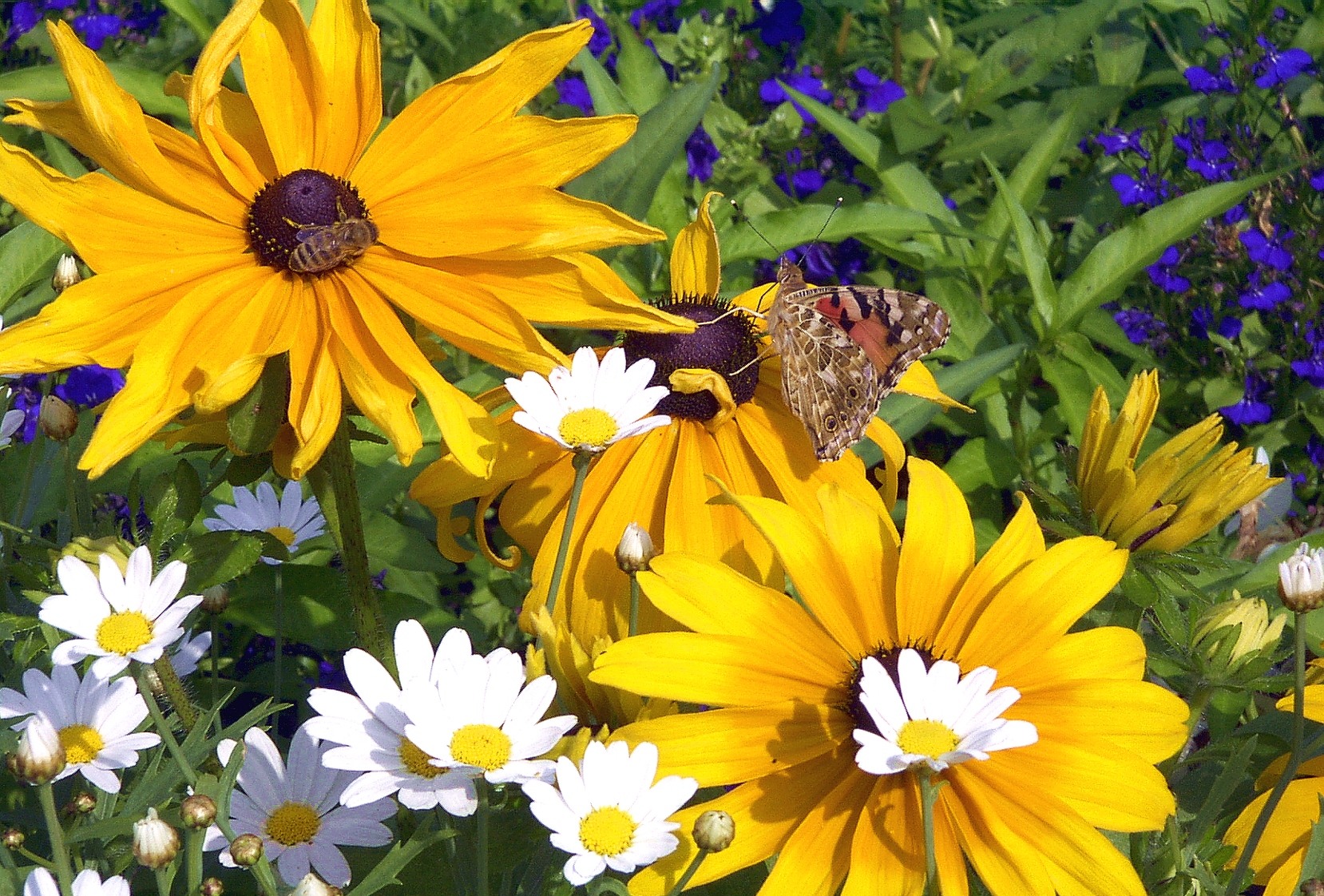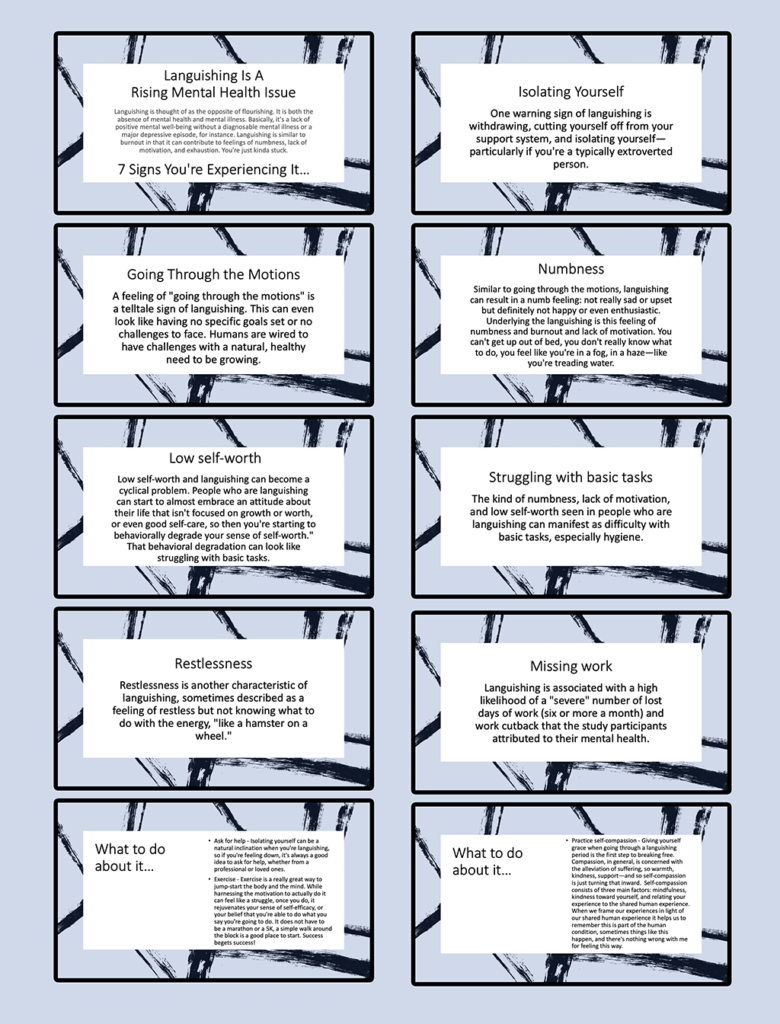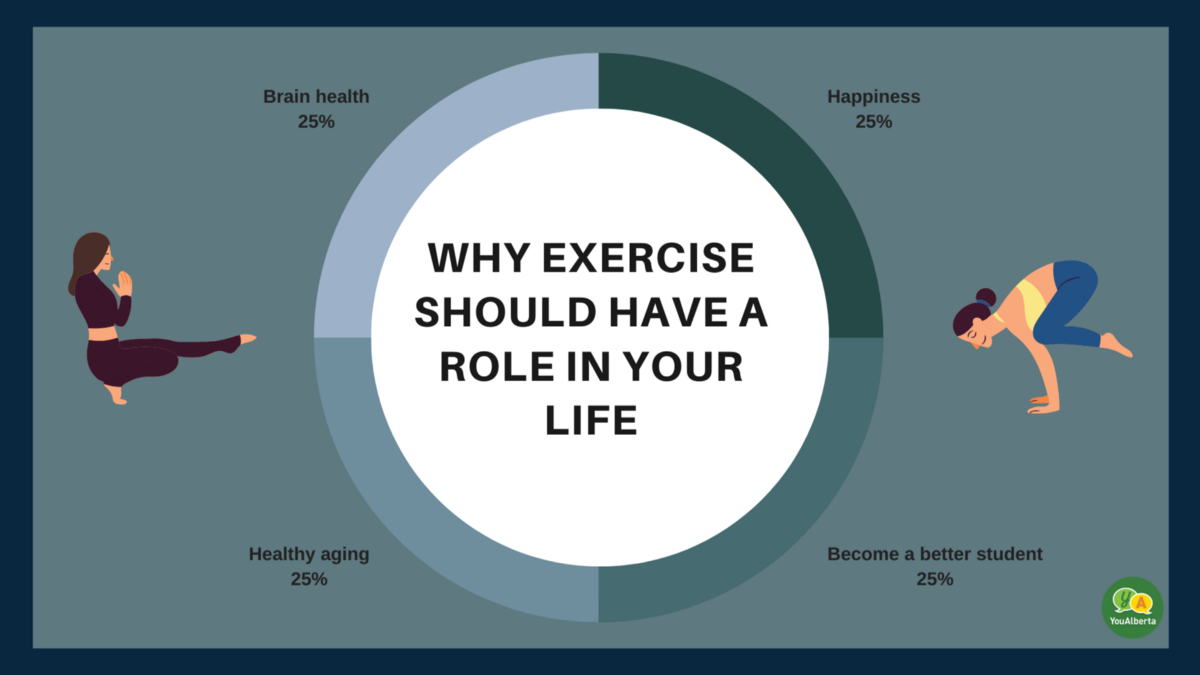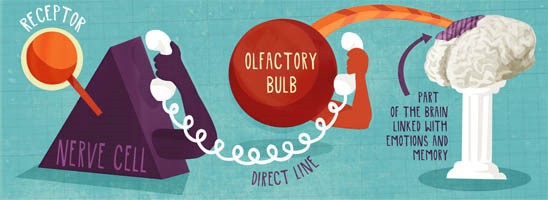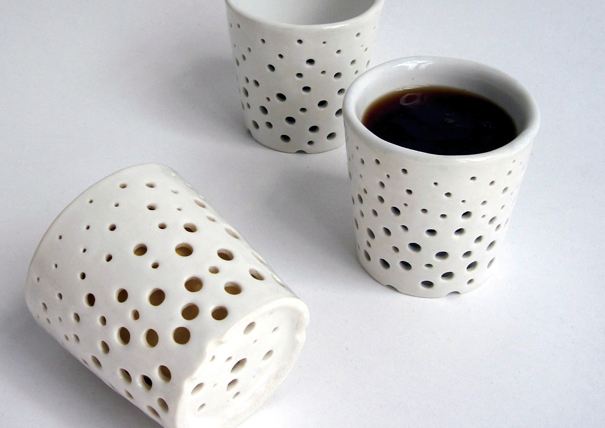Today’s wellness post comes to us from NPR News, where columnist Cha Pornea notes “Of all the ways in which the pandemic has affected Americans’ well-being, perhaps the one we’ve noticed least is how much we’re sitting. And it’s not just bad for our waistlines — it’s hurting our mental health.”
“The sneaky effects of the pandemic that we might not even notice [is] that we’ve changed our sitting patterns,” says Jacob Meyer, director of the Wellbeing and Exercise lab at Iowa State University.
Though most people saw their mental health gradually improve as they adapted to a new reality, people who stayed mostly sedentary didn’t see get the same improvement, according to a follow-up study by Meyer. “People who continued to have really high levels of sitting, their depression didn’t improve” as much, says Meyer.
Does this hit home with you? If so, fear not! The trend is easily reversed and the benefits are usually noticed quickly. Any bit of movement helps, so start by setting small, achievable goals such as 5 minutes of walking per hour. Having a hard time staying focused on the walk? Get board easily? Try a mindful walking exercise.
You can read the full story and get more tips on how to get active over at NPR.org.


